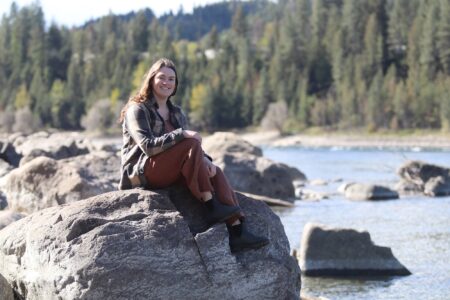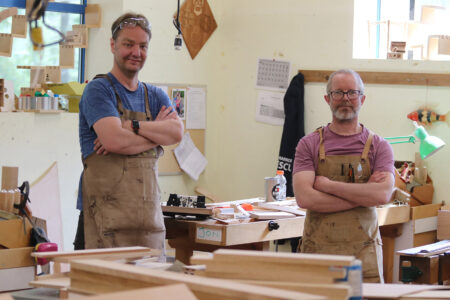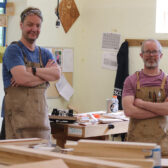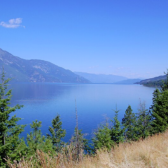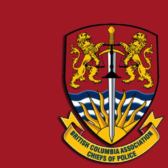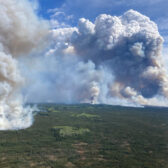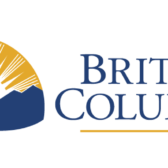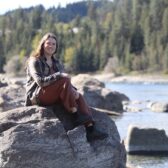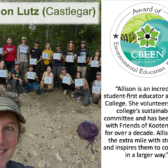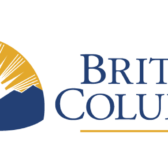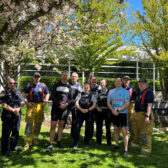Rural Family Practice Program aims to draw physicians
In an attempt to combat a projected doctor shortage local health authorities have banded together to create a new hands on program and it is ready to kick off.
Trail doctor, Cheryl Hume, is the director of the new Kootenay Boundary Rural Family Practice Residency Program that aims to engage future physicians in the lifestyle and practices presented by smaller towns such as Nelson.
“The idea is that if you can get people who are training to become physicians to train in rural areas, they are much more likely to consider practicing ultimately in those areas,” Hume explained.
Once a student has graduated they are still required to undertake a residency program in their area of choice. For example, family medicine, pediatrics or internal medicine. Hume was given the opportunity by the University of BC to set up a family practice residency program a little over a year ago. This is a two year, fully credited program which will formally train residents in the area.
“This is different than what is usually seen in the area; where trainees will come for a few weeks and then move on. These people are here for a whole year and they become very well known and established within the community.”
The need for extra physicians in the coming year is estimated to be around 25 for the entire Kootenay area, with Nelson looking to secure nine of those doctors.
Hume believes this program is just what is needed to make that a reality, “[The program] has the potential to have four new doctors graduate every year. These practitioners will hopefully be looking towards rural practice because that’s where the real need is in our province.”
The new residents — four in total with two staying in Nelson and the others in Trail — were invited to seperate welcome events at the homes of long-standing Nelson family physicians, Dr. Jim Noiles and Dr. Trevor Janz.
To show support for the visitors and the program acting Major of Nelson, Janice Morrison, was on hand to celebrate as well.
The residency program is a Kootenay wide initiative but along with the Kootenay Boundary Regional Hospital (KBRH), Nelson’s Kootenay Lake Hospital (KLH) will be providing a large portion of the hands on training.
Among other aspects, Hume praised KLH and the staff there on their excellent outpatient clinics and pediatric services and said she and other doctors are excited to have the students able to practice in such a place.
“This is going to go a long way in addressing the doctor shortage in our area,” Hume said.
“As more of us (doctors) are getting older and retiring we need new faces to fill our roles in these smaller, more close-knit communities.”
Hume herself has recently retired from 28 years of practice and is well aware of the amount of work that goes into being a rural family doctor. She said rural doctors are usually experts in their fields out of necessity along with keen training.
In a recent article by The Nelson Daily, Nelson native, Lauren Galbraith said she was overjoyed at the opportunity to return to the Kootenays and practice her craft under the Integrated Community Clerkship Program (ICCP).
This program is a smaller version of the Residency Program wherein undergraduates will spend a shorter amount of time learning and observing what it’s like to work in a rural medicine environment.
“Someone like Lauren,” Hume said, “could eventually plan to go into a family practice residency training program and end up being able to train closer to her own home.
“That’s what we’re shooting for. To make it easier to have local people stay in their area instead of being forced away.”
As for housing, the residents are responsible for acquiring a place of living on their own.
However concerns have been raised for when the learners must travel and study for extended periods in other communities — such as Nakusp or Grand Forks — than the one they have settled in.
“This year we’re sort of pitch hitting it and making it work for them, but we need community support. It’s important we help them fit in and become integrated into the community because it’s hard to ask them to pay for rent in two places.”
The Lower Columbia Community Development Team has come forward in Trail and offered to support two years of accomodation for those coming to study in Trail.
The housing may also be used for extra physicians coming here for relief work at any given time. So far, nothing like this has surfaced in Nelson but
Hume said, “We’re hoping we can work something out in terms of accomodation in Nelson, because it is an integral part of the whole puzzle.”
Within three years time the program should be in full swing with a total of 12 learners passing through the system and four graduating each year.






